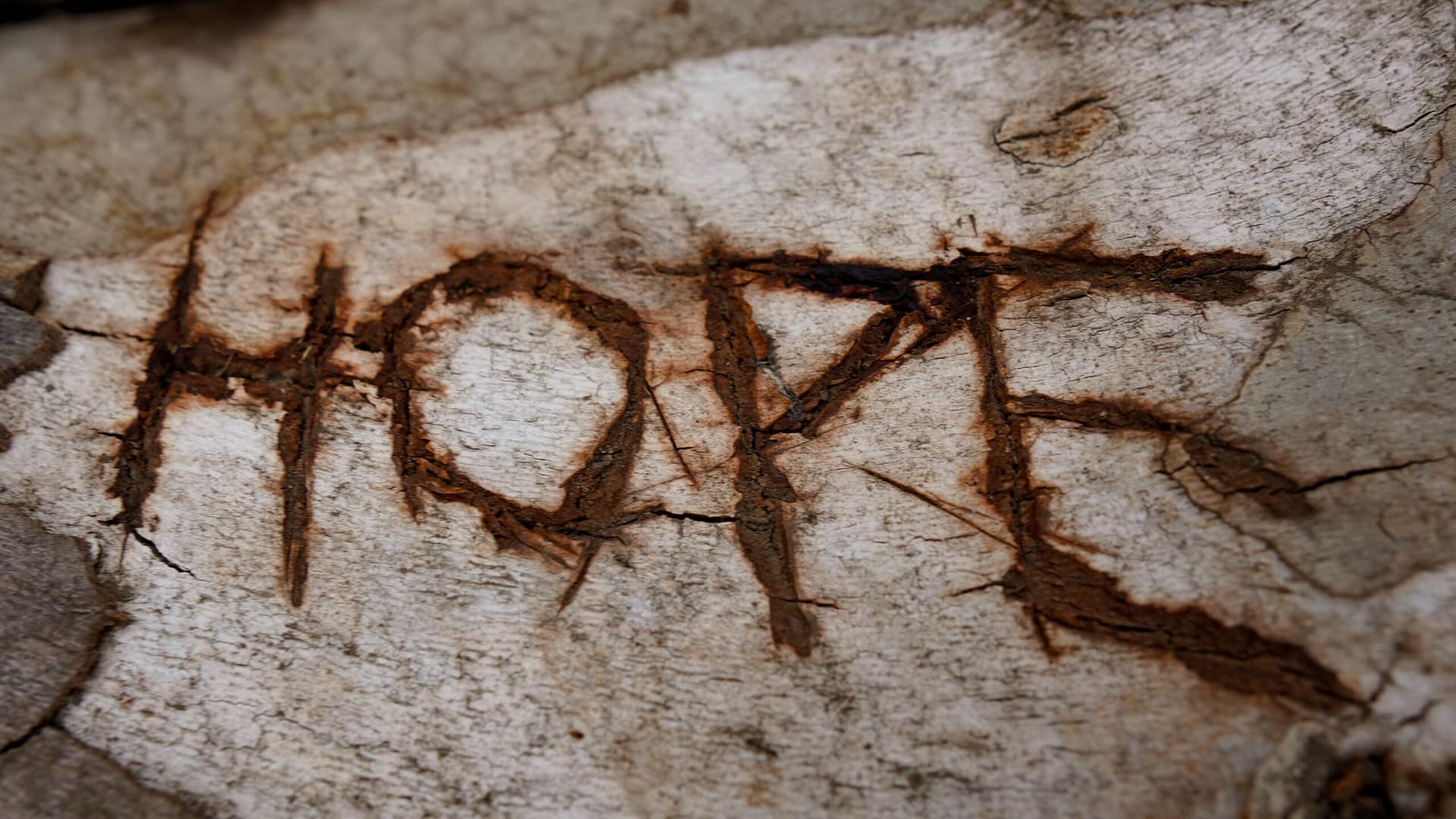CRITICAL HOPE BEATS WISHFUL THINKING HANDS DOWN
Hope comes in all sorts of shapes and sizes, but only radically critical hope grounded on right mindfulness helps us build mental fitness and saves us from wishful thinking.
Hope! It is a word I often hear from clients, yet so often is it a naïve or even mythical hope. Hope they can return to how they were before their problems started. Hope that someone will listen to what they say and not pass judgement. Hope that they have found someone who can help and heal.
Researchers have explored the concept of hope and how it can be harnessed in a therapeutic context for some time. Like many words we use daily without thinking (such as fun, happiness and bullying), hope is difficult to define. Snyder (1994) offered one of the more accepted definitions of hope, suggesting that hope is a learned cognitive process. A process emerges when we are motivated by an internal force to achieve a given goal using specific strategies, visions, or plans. All of this means that hope is that ‘x’ factor, the desire needed to help us achieve a given goal.
The problem with hope is that it can be a bit of a chameleon, changing according to the person and situation. It reflects the attitude a person has towards an unknown future goal in the position they are in. For example, someone facing a terminal illness may face it optimistically if they trust the doctors treating them and will be more cooperative and follow, while a lack of trust will weaken their hope. In such cases, hope can be viewed as optimistic, moderate, or weak; however, that seems to be only one side of the equation.
Different types of hope
We may well learn how to use hope to our advantage from other people, but hope is fundamental to our nature, surfacing irrespective of age, ethnicity, culture, or country (Backzewska et al. 2019). While we might hope that our approach to hope is critical and realistic, many of us use hope to support a false optimism or mask despair, meaning that our learned hope can be ‘naïve, unsophisticated [or] undisciplined’ (Webb, 2010 p. 328). Duncan-Andrade (2009) suggests four forms of false hope:
Naïve Hope – a hope, based on no evidence (wishful thinking), that things will get better or things can go back to how they were.
Hokey hope – a hope that believes that if you work hard, pay attention, and play by the rules, you can do anything you want to do and ‘live the dream.’ The hokeyness does come from the need to work hard; it emerges from the false proposition that we start on a level playing field and inequalities do not exist – again, a form of wishful thinking.
[You can find examples of naïve hope and hokey hope among much of the current political commentary in this country – by all parties!]
Mythical hope – celebrates the individual exceptions to a general rule; think of the hope many had when Barack Obama became the US President. It is a hope that ignores the fundamental political and historical inequalities among groups in society.
Deferred hope – a hope that ignores the realities around us, the impact on our health, for example, of socially toxic environments. Deferred hope reflects a sense of despair that all we have left is that sometime in the future, things will get better. Think about the arguments surrounding Brexit and the hope of some that, sometime in the future, the UK will re-join the EU.
In a way, all these forms of hope contain undertones of despair and cynicism underpinned by a genuine sense of hopelessness. For example, think about the person who buys their lottery ticket every week, hoping that this week will be when they escape all their financial worries. Enough research suggests that the lottery is little more than a regressive tax on the poor – peddling false hope.
Critical hope: the enemy of despair
The enemy of this hopelessness might be radical hope, a genuinely optimistic hope that is made up of: critical hope, creative hope and concrete hope. This radical hope, which I will explore in much more detail in later posts, demands that we focus not on the imaginary, the downright false, or ignore reality, but improves our well-being and helps us become more fully human – a Person, not an Individual. Radical hope ensures that we keep our feet firmly on the ground by focusing on concrete, objective data, a way of hoping that helps us regain control of our lives, encouraging us to engage fully in our lives.
Radical hope promotes a form of self-care that uses mindfulness. A mindfulness that moves away from the self-indulgence of false hopes and positive psychology towards a hope that promotes strength, critical thinking, imagination and relationships. It is an approach to self-preservation that is a political (with a small ‘p’) action that recognises our need to live in authentic relationships with others and work for the common good.






